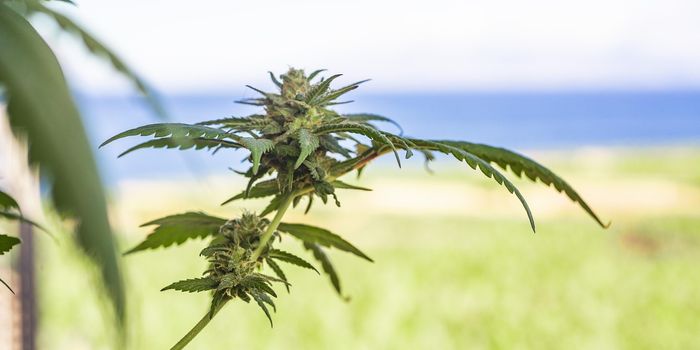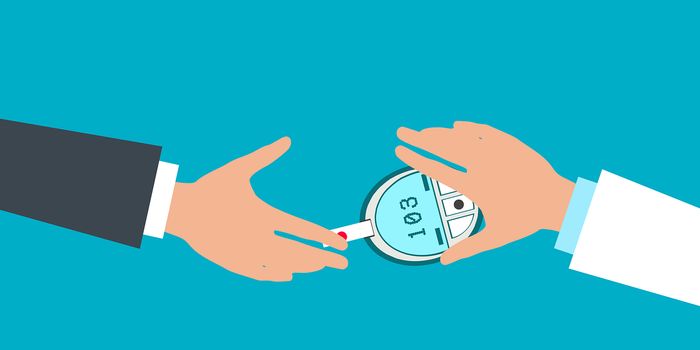Can drugs increase sociability after pediatric brain injury?
Traumatic brain injuries (TBIs) are a leading cause of death and disability in children. In the United States, close to 600,000 children visit an emergency department ever year due to a brain injury and, of these, 62,000 children require hospitalization. An injury to the brain in early life can lead to a vast array of effects. These changes often differ from adults who suffer from a brain injury because the pediatric brain is still developing. In fact, many TBI-related deficits can be hidden and may manifest over time.
One deficit that commonly results from a pediatric brain injury are social behavior impairments. Social behavior or social cognition, is the ability to perceive, understand, and act on social cues from other individuals. Social behavioral impairments are a common and significant challenge for pediatric brain injury survivors, their families, and society as a whole. In a recent review, two brain injury researchers argue that social behavioral impairments in children that arise after a brain injury can potentially be treated with drug therapies.
The authors begin the article by outlining preclinical work that aims to understand the effects of brain injury in children. They state that animal models of pediatric brain injury demonstrate good face validity and include similar symptoms as to what is observed in humans. Along these lines they outline several measures of social behavior that can be modeled in the preclinical laboratory. These tests provide a good measure of sociability that can be easily tested in laboratory animals.
Because of this, the authors have outlined a list of compounds and targeted treatments that might be used to treat traumatic brain injury and improve sociability in children. Testing these compounds in laboratory animals to understand if they improve sociability would be a good first step in treating social behavioral disorders and a way to discover and design drugs that can be used in humans and improve the lives of pediatric brain injury survivors.
Sources: Brain Injury Association of America; American Speech-Language-Hearing Association; Frontiers in Neurology: Neurotrauma








